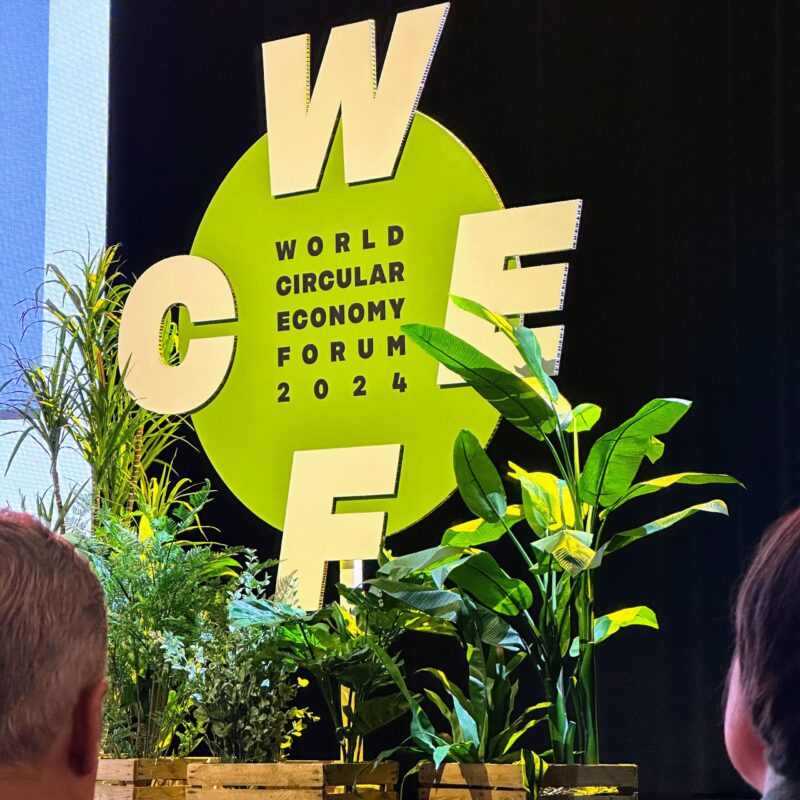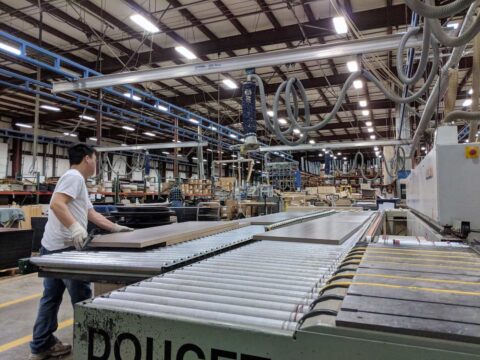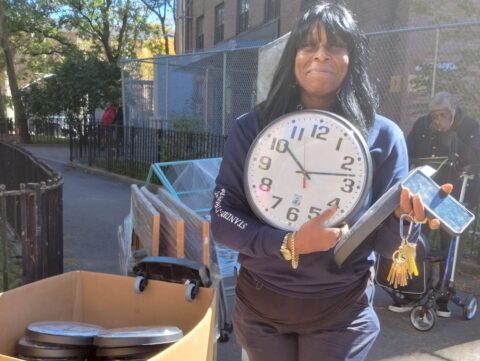Your digital product passport, please
At the World Circular Economy Forum in Belgium earlier this month, delegates from around the world convened to discuss the practical details of eliminating waste. As a guest of the Finnish innovation fund Sitra, Green Standards was there to talk up the Circular Workplace as a natural link between the built environment, FF&E, and engaged employees. Herewith, a guide to the TLAs (three-letter acronyms) that defined the conference:
EPR: Extended Producer Responsibility, summarized here in a OECD paper launched at the WCEF. The bottom line: A functional EPR framework will almost certainly require international governmental cooperation, PROs (producer responsibility organizations), and some form of a …
DPP: Digital Product Passport, billed as “an EU technology concept that requires the collection of product information from the entire value chain such as the durability of manufacturing materials, raw materials, product safety, and recyclability.” The DPP took another step toward becoming EU law this month as part of the Regulation on Ecodesign of Sustainable Products. Long touted as a way to price in Scope 3 emissions and specifically to add more value to products shipped in a low-carbon way, the DPP was also sold as a way to repatriate manufacturing to the European Union — a talking point likely to be heard more often if next month’s European elections tilt the continent rightward as expected.
CTI: Circular Transition Indicators, an initiative of the World Business Council for Sustainable Development that aims to provide a universal framework to measure circularity. Guides currently exist for electronics, chemicals, and textiles — and the built environment is next on the list. The engineering firm Arup is doing the heavy lifting, and early signals indicate they’re taking a holistic view of the problem; not just the building structure, but what goes inside it as well.
PSS: Product Service Systems, which is European for “Product as a service.” Everyone agrees they will be a staple of the circular economy — servicing existing goods as opposed to making more of them — but as Kia Rose Egebæk of Nordic Consult presented, making the emissions math work is almost as difficult as making these businesses profitable. The lesson from that talk, and perhaps the whole WCEF: Circularity demands data.
Circular Workplace: The Numbers Round!
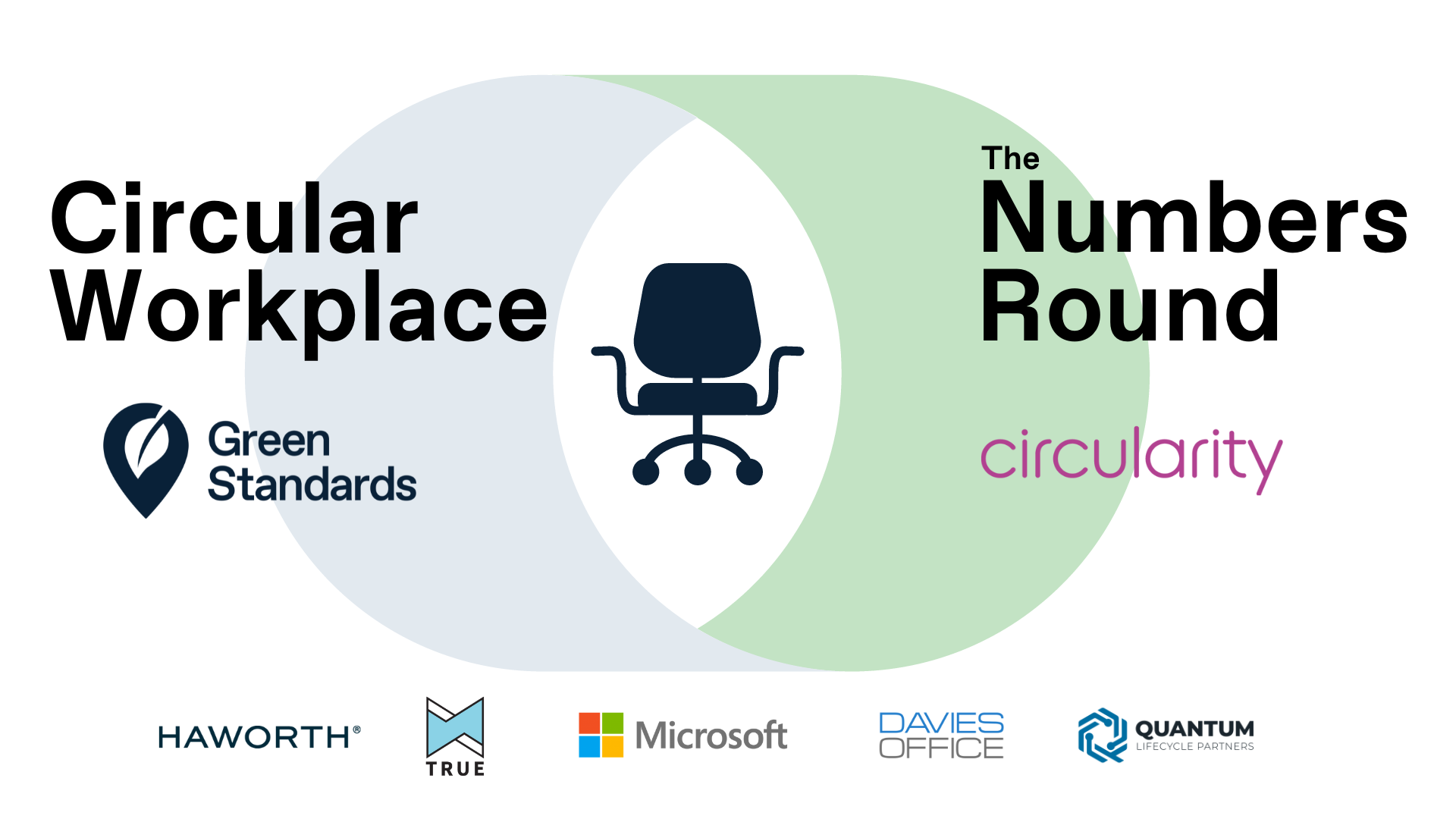
The Circular Workplace is coming to Chicago! With representatives from Microsoft, the U.S. Green Building Council, Davies Office, Haworth, Quantum Lifecycle Partners, and of course Green Standards, we’ll unpack zero-waste strategies and case studies on Thursday, May 23 at 1:30pm at the Marriott Marquis. Our theme is The Numbers Round, because we’re asking everyone involved to bring the data that back up their circular workplace commitments. Admission to our event is free and all circularity advocates are welcome!
It’s happening as part of Circularity 24, the leading convening of professionals building the circular economy. By participating, you’ll gain access to more than 60 thought-provoking sessions, connect with over 2,000 peers and become empowered in your role to accelerate the transition to a circular economy. This event sold out last year, so be sure to register soon and use our 20% discount code C24GS.
At IFMA, a learning lab on sustainable spaces
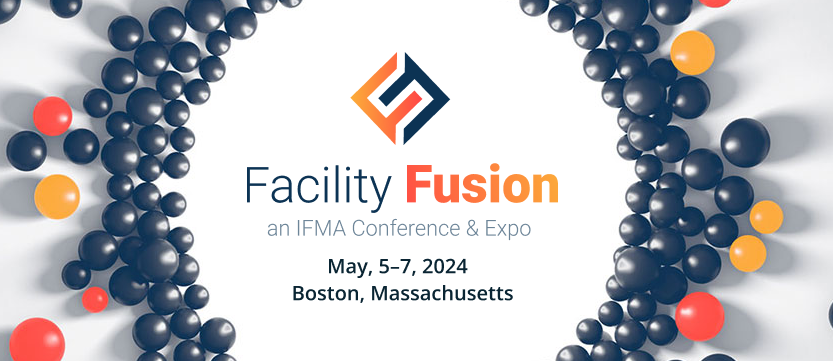
Amelia Sklaroff and Kathy Seli of Green Standards will join Gary Micunias and Lisa Whited as part of their Learning Lab on Sustainable Spaces: Unleashing the Power of Circular Economy in Facilities in Boston this Sunday. Gary and Lisa were featured contributors to our first State of the Circular Workplace report and are each workplace innovators who have generated real-world results. Join us!.
How circularity has improved Atlanta schools
With major projects continually underway in cities around the world, Green Standards has been building circular economies at the local level for more than 15 years. Our new Circular Communities series highlights non-profit organizations that make circular workplaces work for everyone. We kicked things off in Atlanta with Empty Stocking Fund. Here’s what Barbara Blalock had to say about donations they received last month:
We’re always looking for case studies, actionable tips, and news items about the circular workplace. Reach out at hello@circularworkplace.com to join our coalition.
Signup for the Roundup
Subscribe to our newsletter and we’ll send you circular workplace updates every month
